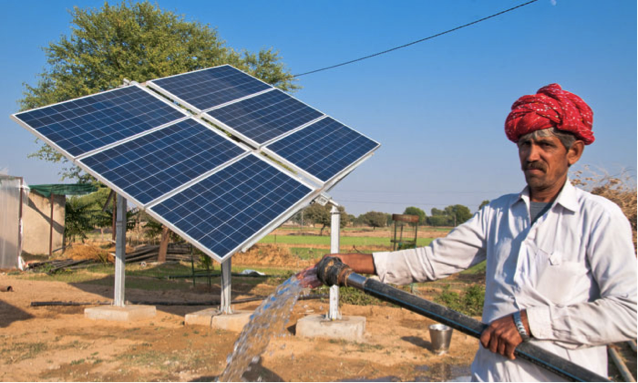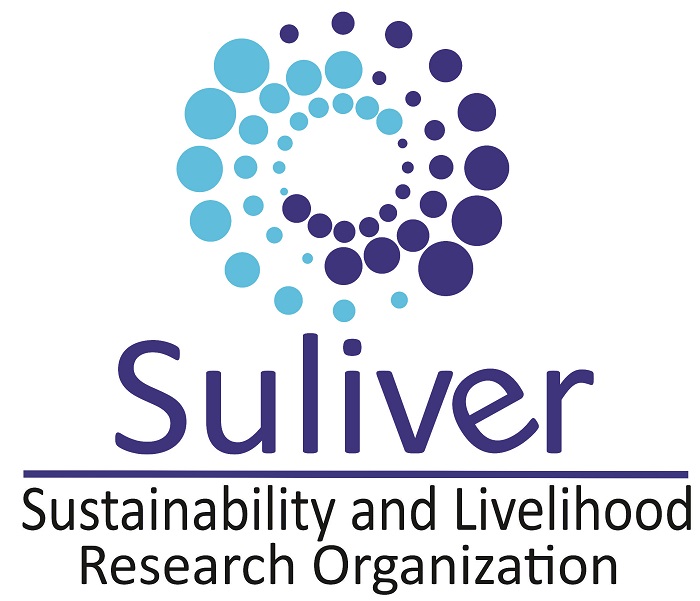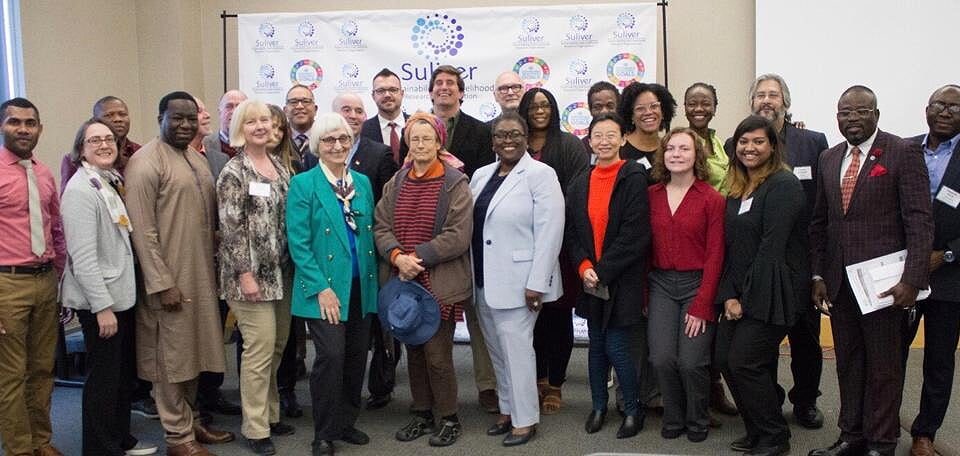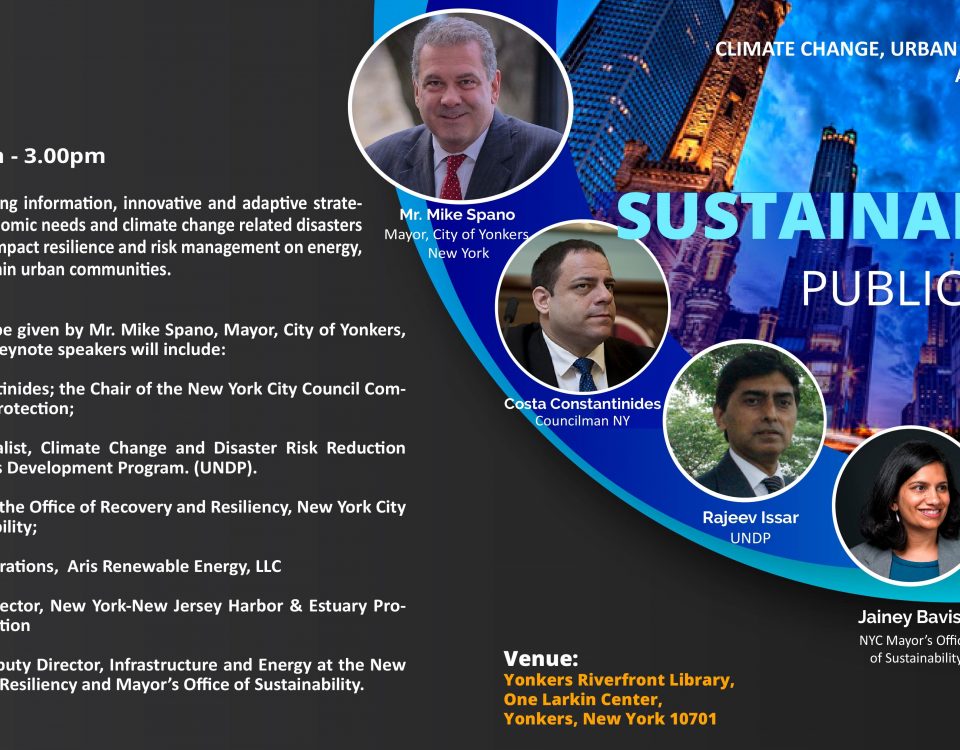
Hygiene and Sanitation-WASH
January 27, 2017
Graphene- The Tougest Innovation in Town
February 1, 2017
.
The Highway to a Sustainable Livelihood
Through climate change dangerous vapours and pollutants are trapped in the atmosphere. Earth's resources are not infinite and humans will need to develop more sustainable systems to prevent environmental strains
While the earth provides us with a variety of natural resources to help us live comfortably within our environment, these resources are not infinite and humans will need to develop a more sustainable system for using these resources in order to prevent unnecessary strain on the environment. For instance, oil is one of earth’s most used resources but according to Jessica Williams, author of 50 Facts That Should Change the World, most of the world’s oil reserves could be consumed by 2040. Oil and other non-sustainable energies such coal, will need to be replaced by eco-friendly and sustainable technologies like wind or solar power in order to keep up with the global demand for energy that is mostly supplied by fossil fuels. Through climate change, long term changes occur within the earth’s environment. These changes include weather and wind patterns, ocean currents, solar radiation continental drift and greenhouse gas emissions.

One of the impacts of climate change is the greenhouse effect, or the amounts of gaseous vapor such as carbon dioxide and other pollutants that get trapped in the earth's atmosphere. According to the U.S. Energy Information Administration, 75% of the greenhouse gases that were released into the environment were a direct result of human activities, mainly the burning fossil fuels such as coal, petroleum and natural gas. Another major concern related to climate change deals with the melting of the polar ice caps and rising sea levels, which have increased coastal flooding throughout the world.
The transition from fossil fuels to more sustainable fuel sources is just one way the world can invest in sustainable energy. Each of us as individuals can also choose to lessen our own negative impact on the environment by making small changes to our everyday lifestyle and engaging in sustainable practices in terms of our food purchases, energy consumption and our use of natural resources like water.

Though most of us may not have the capacity to eliminate the use of fossil fuels in our communities or prevent the further melting of the arctic ice shelf, another way we can make small changes in our daily activities that can lessen our impact on the environment includes; Car pooling with co workers to reduce the amount of cars on the road and the use of fossil fuels, Biking or Walking to your local supermarket or convenience store. Not only will you reduce your daily gas emissions, but you’ll also benefit your health as well. Of all the actions we can take to lessen our impact on the environment, rethinking our consumption is the easiest way for each of us to change the world. According to the World watch Institute, an organization under the umbrella of the United Nations
12% of the people living in North America and Western Europe account for close to 60% of global consumption. If individuals living in North America and Western Europe, as well as the rest of the world, could engage in more conservative consumption habits, it could have a dramatic but positive impact on the environment. In a recent consumption report performed by The United Nations, the organization determined that the world's richest countries make up one-fifth of the world’s population but account for more than half of the world’s total energy use. The world's richest countries also account for 87% of vehicle ownership and therefore have a dramatic impact on vehicle emissions, which further pollute the earth.
While most individuals can make changes in their daily lives to reduce their greenhouse emissions and consume conservatively, the average person cannot change the way the world consumes energy. At the individual level, homeowners can invest in sustainable energies like solar and wind powered generators to provide energy for their homes. For a sustainable future, we should try to make these changes in our individual lives/ The transition from fossil fuels to more sustainable fuel sources is just one way the world can invest in sustainable energy. Each of us as individuals can also choose to lessen our own negative impact on the environment by making small changes to our everyday lifestyle and engaging in sustainable practices in terms of our food purchases, energy consumption
Individually, we can each develop and try out these simple tips; firstly, reconsidering your consumption habits, try composing your food waste and starting a recycling program for your household. You should also be conscious of the way you purchase foods. Try buying sustainable foods like locally grown fruits and vegetables that do not come in Styrofoam packaging or products with packaging made from recycled materials. Also, when you purchase fruits and vegetables, be sure to buy them from your local farmer’s market. Purchasing your produce from local vendors will help to support your local economy, reduce the number of trucks needed to transport produce across the country and may result in a reduction of greenhouse gas emissions.




